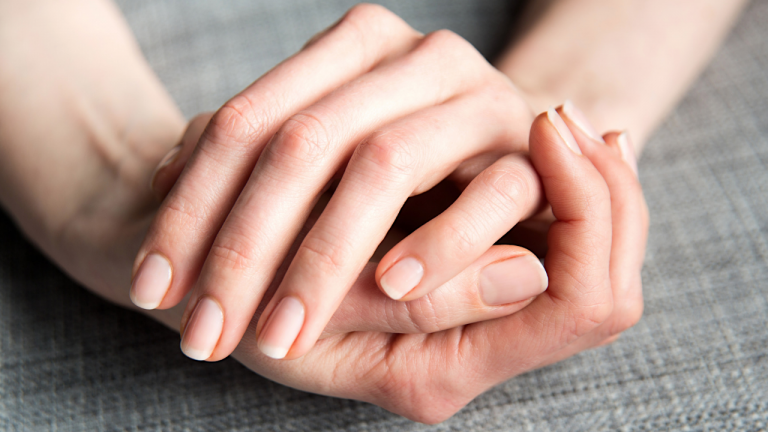
Health authorities across the world are now trying to stem the spread of Covid-19 and one of their main warnings, apart from the washing of hands for at least 20 seconds, is to refrain from touching your face.
So why are we so prone to touching our faces so much, and what can we do to limit our constant interaction between our hands and face?
As stated before, human beings are not the only species to touch their faces regularly. Many animals, such as our primate cousins, touch their faces either as a grooming exercise or to get rid of pests, but there are other factors to take into consideration.
Martin Grunwald, a psychologist at the University of Leipzig, Germany, says that self-touching in this way is a “fundamental behaviour of our species”.
“Self-touches are self-regulatory movements which are not usually designed to communicate and are frequently accomplished with little or no awareness,” he says. “They play a key role in all cognitive and emotional processes. They occur in all people.”
Dacher Keltner, a psychologist at the University of California, Berkeley believes that touching our faces may act as a kind of self-soothing mechanism because when there is skin to skin contact the hormone oxytocin, which can help to increase calm and reduce stress, is released.
She added that face touching can act as a form of subconscious flirting or “to act like the curtains on a stage, closing up one act of the social drama, ushering in the next”. Other experts believe that self-touching is a way to help control our emotions and attention span.

























